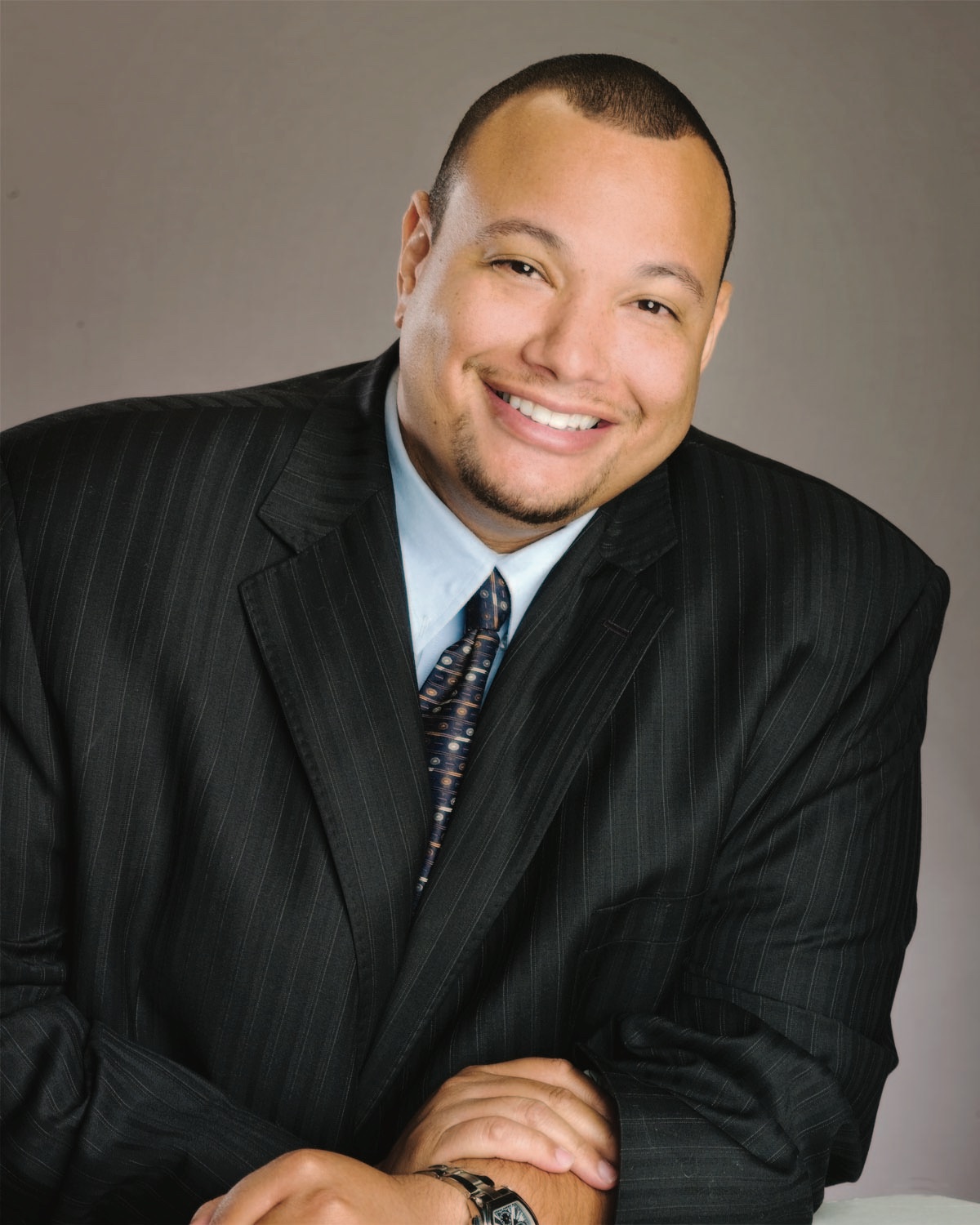(Chicago Sun-Times) African Americans helped elect President Bush to a second term in the 2004 general election. At his speech before the National Urban League on July 23, the president asked for the “black vote.” He challenged black voters to reflect on four critical questions:
1. Does the Democratic Party take African-American voters for granted?
2. Is it a good thing for the African-American community to be represented mainly by one political party?
3. How is it possible to gain political leverage if the party is never forced to compete?
4. Have the traditional solutions of the Democratic Party truly served the African-American community?
African Americans have been pondering these vital questions long before Bush was elected president; however, his restatement of them was timely. Many African Americans answered Yes, No, I don’t know and No, to his questions and voted Republican on Nov. 2.
Before the November election, the Joint Center for Political and Economic Studies in Washington, D.C., released findings of a new national opinion survey that showed support for Bush among African Americans had doubled over the past four years. The survey of African Americans ages 18 and older found that 18 percent support Bush in 2004 compared with 9 percent in 2000 (though the Election Day total showed him increasing his black vote to 11 percent nationwide but 16 percent in the critical state of Ohio). The increase came despite a drop in Bush’s job approval rating in every subgroup of African Americans (a 17 percent total decrease), since 2002.
Generally speaking, African Americans have been and will continue to be among the most morally and socially conservative groups in American society, and black Christian conservatives place a premium on morally focused government policy over anything else. The Joint Center survey reveals that the majority of blacks disfavor Bush’s policies on the economy, Iraq, terrorism, the No Child Left Behind program, health care and affirmative action, but support the GOP’s conservative agenda on faith-based initiatives, same-sex marriage, school vouchers, prayer in school, the death penalty and other policies on small businesses, the federal ban on racial profiling and providing record funding for historically black colleges, etc. It appears that Bush’s Christian conservative moral, social and business agendas are the key reasons behind an increase in support of the GOP among blacks, particularly older blacks.
In his speech to the National Urban League, Bush admitted that the “Republican Party has got a lot of work to do” in building confidence in the black community. He also commented that the African- American vote should be sought and earned. Hence, I pose this question to Bush and the Republican Party:
If blacks are generally morally and socially conservative, and even more so than whites on certain issues such as same-sex marriage, why don’t more African Americans identify themselves as Republican?
Most African Americans perceive the GOP to be racist and actively working against their interests (e.g., Bush’s position on affirmative action in the Michigan case). Many blacks believe that the Republican Party is not genuinely interested in or aware of pressing issues facing their communities (e.g., Vice President Dick Cheney’s admitted ignorance about the HIV/AIDS epidemic in the black community during the televised vice-presidential debate). The GOP hasn’t aggressively and systematically sought out African-American voters or developed a viable strategy to do so, nor has it attempted to develop a machinery to recruit blacks into the party and elevate them into positions of authority. The GOP does not need to reinvent the wheel but simply tweak, replicate and financially support the institution of Republican National Committee type structures and organizations at the local and state levels in African-American communities. It must also fashion viable communications strategies. The GOP machine must extend to the ‘hood, which it arguably perceives as eerie and hostile and not worthy of political investment.
Speaking before the National Urban League in 2003, Bush said, “The moral vision of African Americans and of groups like the Urban League caused Americans to examine our hearts, to correct our Constitution, and to teach our children the dignity and equality of every person of every race.” The GOP must embrace, learn from and institutionalize the legacy and moral vision of African Americans. It must move from hollow paradigms of compassion to practical competency and constructive engagement or surrender otherwise apolitical and Republican-minded votes to a Democratic Party that is wounded but quickly reloading.

